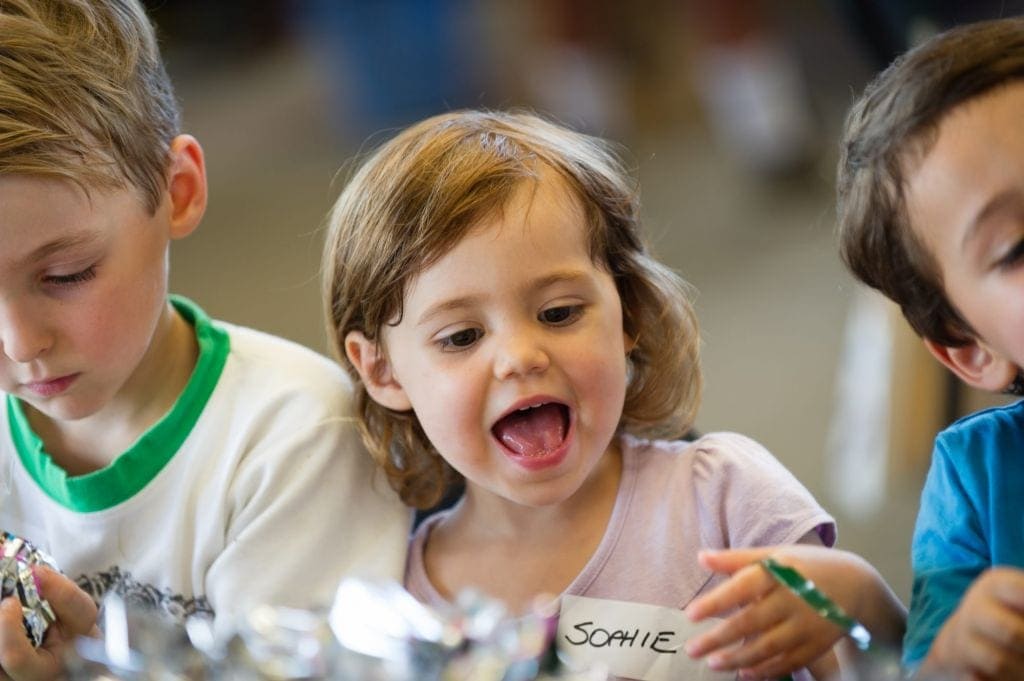It is widely acknowledged that performance arts are an inherent part of the human condition and there is evidence that for centuries, music, dance and visual art, have been used to tell stories by both indigenous and non-indigenous cultures.
As teachers and parents, we acknowledge that time should be devoted to a curriculum that has breadth as well as depth, as schools offer students multiple ways to learn and succeed at school. Sound educational policy encourages a curriculum in the primary years that offers every child multifarious ways of learning, what it is they like to learn about and what new ideas they can develop from this process.
Toddlers Love the Arts

From the earliest of ages, children have an innate capacity for Performance Arts. They draw. They sing. They dance. They pretend. And without ever being taught to do it. A kindergarten and school curriculum that offers students the opportunity to learn through authentic arts experiences encourages and nurtures creativity. Creativity solves problems. It will be the one skill that as the 21st century becomes more complicated; the world will need.
Primary Kids Love the Arts
One of the most important times to encourage involvement in arts education is in the primary years when children are unfettered by the boundaries of curriculum choices (tertiary entrance and employment choices) and the confines of adolescence. They are ‘free’ to learn and experience the arts through doing, subsequently learning to think for themselves, work collaboratively, take risks in their learning and find solutions.
Research suggests that there is a clear argument for the inclusion of the arts in the school curriculum from the very first years of school. The arts have unique qualities, but also qualities that transfer across disciplines, as well as cultures and individuals. Most importantly, these skills need to be embedded from the earliest of ages.
Elliot Eisner, who said of the arts ‘They…help us create the kind of schools our children deserve and our culture needs’, argued tirelessly that the arts are essential, they need to share a place in the school curriculum if we are to provide a holistic education for our children.
A colleague once said to me, every child is good at something and by offering a broad ranging curriculum, the chances are greater of finding a child’s individual spark. As educators we have a responsibility to offer and encourage that spark until, who knows, it may grow into something much bigger and brighter. Wouldn’t it be a shame if schools missed such talent, simply because the opportunities were not there?
Dr Rowena Riek
Cannon Hill Anglican College
This article was published in Issue 18 of our print magazine, October/November 2016.

